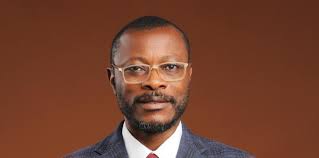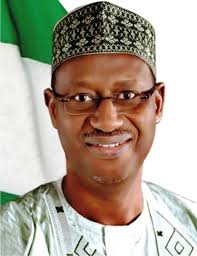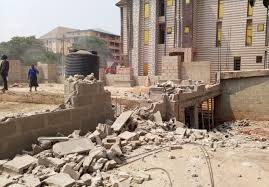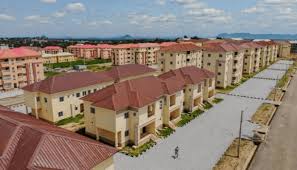Tinubu Real Estate Agenda: Exploring Land, Mortgage, and Infrastructure for Success
As the new administration under Bola Ahmed Tinubu settles in to manage the affairs of Nigeria, operators in the real estate sector of the country’s economy have come up with ideas on what they expect Tinubu’s government to do in the sector which has boom and bust in the last eight years. Top of the operators’ agenda for the Tinubu government is a review of the old Land Use Act; a mortgage system overhaul to create long-term affordable mortgages, and increased investment in infrastructure. Others are the review of landlord-tenant law and research into local building materials.
The past eight years of former President Muhammadu Buhari left the sector, especially in the area of housing, with little or no dent which is why statistics on the housing situation in the country remains the same and worrisome.
Nigeria is a large country of 223 million people according to United Nations 2022 estimates. This population is spread over a land area of approximately 923,000 square kilometers. Less than 10 percent of this land mass has a formal title, leaving the rest as dead capital that is neither tradable nor bankable.
With Buhari’s one million houses yearly promise, which ended as a hoax as he delivered less than 10,000 houses in eight years, the country’s housing stock is still low at 10.71 million units with a housing deficit said to be between 22 million – 28 million units. About 700,000 housing units are required to be produced yearly to close the deficit, but the annual production of houses nationwide is less than 10,000 units.
Mortgage facilities in the country range from minimal to non-existent, meaning that most property purchases are 100 percent cash or through other private funding means as against other countries where equity demand is 5 percent – 10 percent and payment of the balance is spread over 25 – 30 years. Whereas minimum wage is under $100, the average house price in most urban areas is N30m – N80m which is why home ownership in the country is abysmal at 23 out of every 1000 Nigerians compared to South Africa where it is 69 percent, Kenya, 75 percent; US, 65percent, and UK, 63 percent.
Concerned about all these, the operators want President Tinubu to do something urgently about the 45-year-old Land Use Act which, according to them, can no longer meet the aspirations of Nigerians anymore, especially with the present realities.
The operators argue that if there is any major impediment to the growth and poor performance of real estate in Nigeria, it is the Land Use Act which vests the control and management of land in the state and federal governments, pointing out that the provisions of the Act are no longer in consonance with current realities. “Section 1 of the Act which vests all land in the state needs to be reviewed. Too much power has been placed in the hands of the governors, many times leading to abuse and uncertainty of title. We recall how, a few years ago, a governor in one of the northern states woke up and announced the cancellation of all the Certificates of Occupancy ever issued by his state,” Chudi Ubosi, Principal Partner at Ubosi Eleh + Co, explained to BusinessDay. “Sections 21 and 22 of the Act provide that there is a need to obtain Governor’s Consent before alienation. Section 28 speaks of the power of revocation while Section 29 talks of compensation. These are some of the provisions of the Act that must be reviewed,” Ubosi added.
The operators also want Tinubu’s government to be deliberate and strategic about infrastructure development and services. They note that Nigeria has an urban migration rate of 3.39 percent annually which is not only for economic reasons but also for lack of infrastructure and services in the rural areas. Ubosi said that the absence of infrastructure and services in the rural areas also added to the inhibition or low economic productivity both at macro and micro levels.
“Stemming urban migration will reduce the pressure on urban housing which will, in effect, reduce the cost of accommodation, making it more affordable in the long run. A lot more emphasis should be placed on PPP & BOT models for the provision of infrastructure and services,” he added.
Ensuring access to long-term and affordable mortgages was another task the operators set for the new government, explaining that in meeting the yearnings of Nigerians to have their own homes, the government has to strengthen the mortgage industry. The Federal Mortgage Bank of Nigeria (FMBN), The Nigeria Mortgage Refinance Company (NMRC) and so many other primary mortgage banks (PMBs), they said, needed to be strengthened financially and legally just as a total review of their operations should be undertaken. For them, “a dynamic mortgage industry was possible only with an economy that is buoyant, where there is a penchant for savings. Savings provide the pool for long-term funds that can be used for mortgages.”
Source: Businessday.ng
















